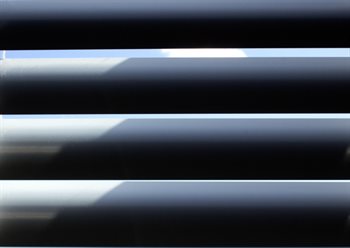
If you are considering doing underground utility construction, you may be able to use polyvinyl chloride (PVC) or high-density polyethylene (HDPE) pipes. However, both offer a variety of benefits and it can become hard to choose one.
PVC piping is commonly used for many things. However, there are certain circumstances in which using high-density polyethylene is more suitable. Both HDPE and PVC pipes are:
PVC is a durable polyethylene thermoplastic made from petroleum. HDPE is made more durable as compared to PVC.
Both HDPE and PVC pipes are stronger throughout higher temperatures. However, in particular circumstances, strength cannot be used to compare the two. PVC has a failure rating of 1 in 48,650 incidents, where HDPE is 1 in 10,000,000. This indicator shows that when exposed to extreme weather conditions, HDPE is proven to be more durable.
When exposed to hot or cold weather, a slow expansion can be experienced. HDPE expands 4 times more compared to PVC pipes.
For the assembly of HDPE pipes, a trained operator and expensive energy-intensive equipment are needed. Additional equipment is required to maneuver piping of large diameters. Fusing together HDPE pipes can be expensive and electrical generators are required.
Installation of PVC pipes is much faster. They can be installed in any weather conditions, require no specific machinery and are installed quickly. These factors reduce the overall installation costs.
PVC pipes are widely used for irrigation. However, HDPE is becoming an increasingly popular choice for golf course irrigation systems.
With end-to-end fusion, HDPE pipes are a safe decision. In places where digging is hard or impossible, HDPE is the best choice.
PVC is very commonly used for sewers, irrigation, drains and other industrial applications.
HDPE has various uses. It is used for the distribution of natural gas, chemicals and petroleum products. Other uses include water, sanitary and storm sewer systems.
Are you still looking for more information? Contact our team of experts for all requirements on HDPE and PVC piping today!